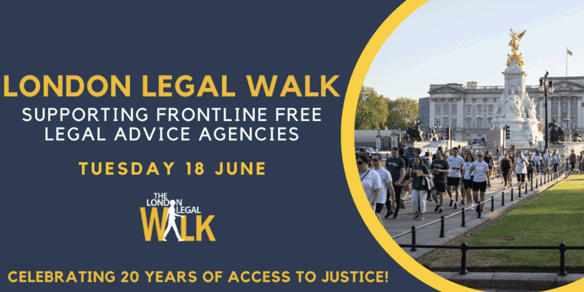New measures in place from 30th November 2021
Following the detection of the new COVID-19 Omicron variant in South Africa, the last few days have certainly changed the landscape in terms of the country’s ‘back to normal’ plans for the end of 2021. The headline changes that are in place from 30th November 2021 that all businesses should now be aware of are:
· Face coverings are required on public transport and shops in England (this does not apply to children under 12 or those who are exempt for medical reasons);
· Travellers arriving in the UK are now required to take a PCR test on day 2 after their arrival and will need to self-isolate until they receive a negative result (regardless of vaccination status);
· Travellers arriving from the 10 countries currently on the government’s red list for travel (South Africa, Botswana, Eswatini, Lesotho, Namibia, Zimbabwe, Angola, Malawi, Mozambique and Zambia) will now need to quarantine in a government approved hotel for 10 days at a cost of £2,285; and
· All adults in the UK will now be offered COVID-19 boosters by the end of January 2022 with people being contacted by the NHS in priority order to book their appointments. The gap between the second dose and the booster will now also be reduced to 3 months from 6 months.
What does this mean for your business?
If you are a retail business, then it is likely that you will already have policies in place regarding the use of face coverings for your staff, but it is not just shops that the new rules regarding face coverings apply to. If your workplace is one of the following, the new rules will also apply to you:
• shopping centres (malls and indoor markets)
• auction houses
• post offices, banks, building societies, credit unions, short-term loan providers, savings clubs and money service businesses
• estate and letting agents
• premises providing personal care and beauty treatments (barbers, hair salons, tattoo and piercing studios, nail salons and massage centres)
• pharmacies
• premises providing veterinary services
• retail galleries
• retail travel agents
• takeaways without space for consumption of food or drink on premises
• any car or small van during a professionally delivered driving lesson and practical driving test
Further guidance is due to be issued, but at the moment, the rules don’t apply to other indoor venues such as gyms, theatres or cinemas. With the well publicised backlash that retail staff had to deal with when trying to enforce the use of face coverings previously, business leaders will undoubtedly be faced with some difficult decisions. In fact, both Iceland and the Co-op have publicly confirmed that they will not be asking their staff to enforce the new rules in their stores for fear of the physical and verbal attacks that may result.
You could now also be faced with further staff disruption, particularly with any staff travelling abroad to visit family for the Christmas period and may have questions including:
· What do I do if a member of staff has to quarantine in a government approved hotel when they return from visiting family over Christmas and cannot work?
· Do I have to pay my staff for time off to get their COVID-19 booster jab?
· If face coverings are now required in my place of work, what can I do if a member of staff refuses to wear one?
· Should our Christmas party still go ahead?
In a previous article, we covered some of these issues (https://www.jpclaw.co.uk/latest/managing-employee-travel-and-holiday-requests-during-covid-traffic-light-system) particularly in relation to staff who need to isolate or quarantine after foreign travel, but if you have any questions, please contact Julie Edmonds, Head of Employment, by email jedmonds@jpclaw.co.uk ; telephone 0207 644 7286 or contact her on LinkedIn.



